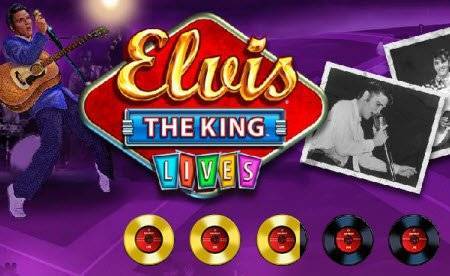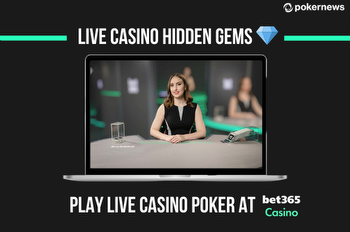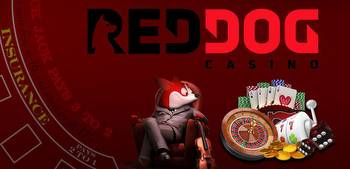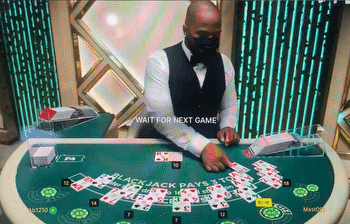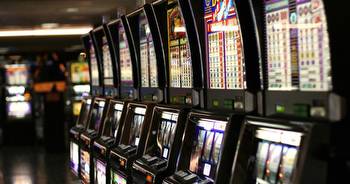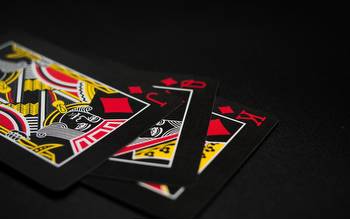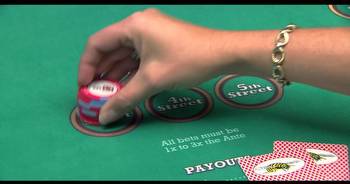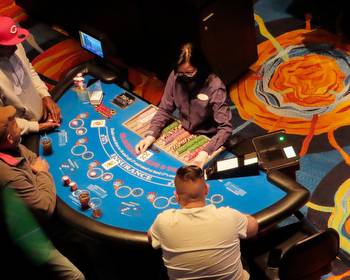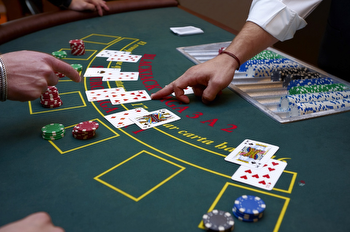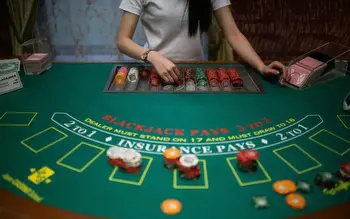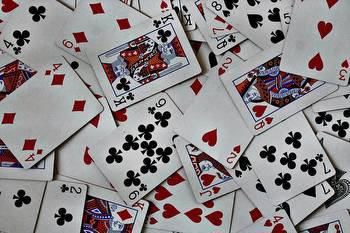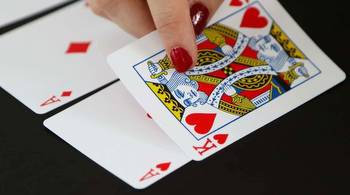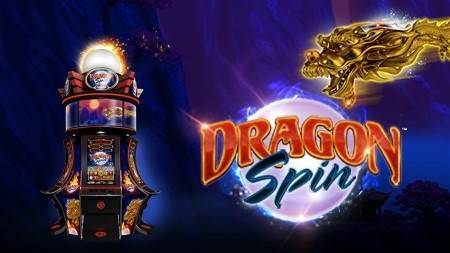Crowd size, day of the week all the same for slot payouts

Ashuffle through the Gaming mailbag:
Q. Do slot machines pay less when there are the biggest crowds? My neighbor told me this, and she’s played a lot for a long time.
She says that at nights and on weekends, casinos take machines out of their pay cycles so they can make big profits from the biggest crowds. That doesn’t seem fair. That’s when working people can play, not daytime on weekdays.
A. That’s not at all true. Slot results are random — or at least as random as humans can program a machine to be — all around the clock and throughout the week.
There are no fixed pay cycles. Proportions of wins and losses are the same after wins as after losses, and the same on Tuesday as on Saturday.
Over the years, I’ve encountered players with the exact opposite belief, that payoffs are bigger and more frequent on nights and weekends. The theory is winners would be seen by the greatest number of people and give them incentive to return and bet more.
That’s not true, either. There are more winners at crowded times, but that’s just because more people are playing. For any one player on any one machine, odds of winning are the same day and night and weekday or weekend.
Q. What can you tell me about a poker game called I Luv Suits? I found it playing online in New Jersey and was wondering about strategy.
A. I Luv Suits is the same as High Card Flush, a game I discussed in this column early this year. It’s distributed by Shuffle Master, a division of Scientific Games, and can be found in live casinos as well as online. It has a number of outlets in Las Vegas and also has been offered in Atlantic City.
You’re hoping for a maximum number of cards in the same suit. The game is dealt from a single 52-card deck. Players start with a mandatory ante.
Players and the dealer each receive seven cards face down. Note that with seven cards, all hands will include at least two of the same suit.
After seeing their cards, players have the option of folding and forfeiting the ante or raising by making a bet at least equal to the ante.
The maximum raise depends on how many cards you have in your flush:
With two, three or four cards of the same suit, your raise may equal your ante.
With a five-card flush, you may raise up to double your ante.
With a six- or seven-card flush, you may raise up to three times your ante.
As in many poker-based games, there is a minimum qualifying hand for the dealer. If the dealer doesn’t have at least a three-card flush, 9-high, the hand doesn’t qualify. Player antes are paid even money and raises push. All dealer flushes of four or more cards qualify.
The bigger flush wins. If your flush is four cards and the dealer’s is only three, you win. If the flushes are the same length, then card rank matters. If you each have three-card flushes and yours is King-high while the dealer’s is 10-high, then you win.
If you beat a qualifying dealer hand, you win even money on both antes and raises. If there is an exact tie, both bets push.
According to a strategy developed by Charles Mousseau and published at wizardofodds.com, you should raise on a flushes or four or more cards and three-card flushes of 10-8-6 or better. Fold lesser three-card flushes and all two-card flushes.







